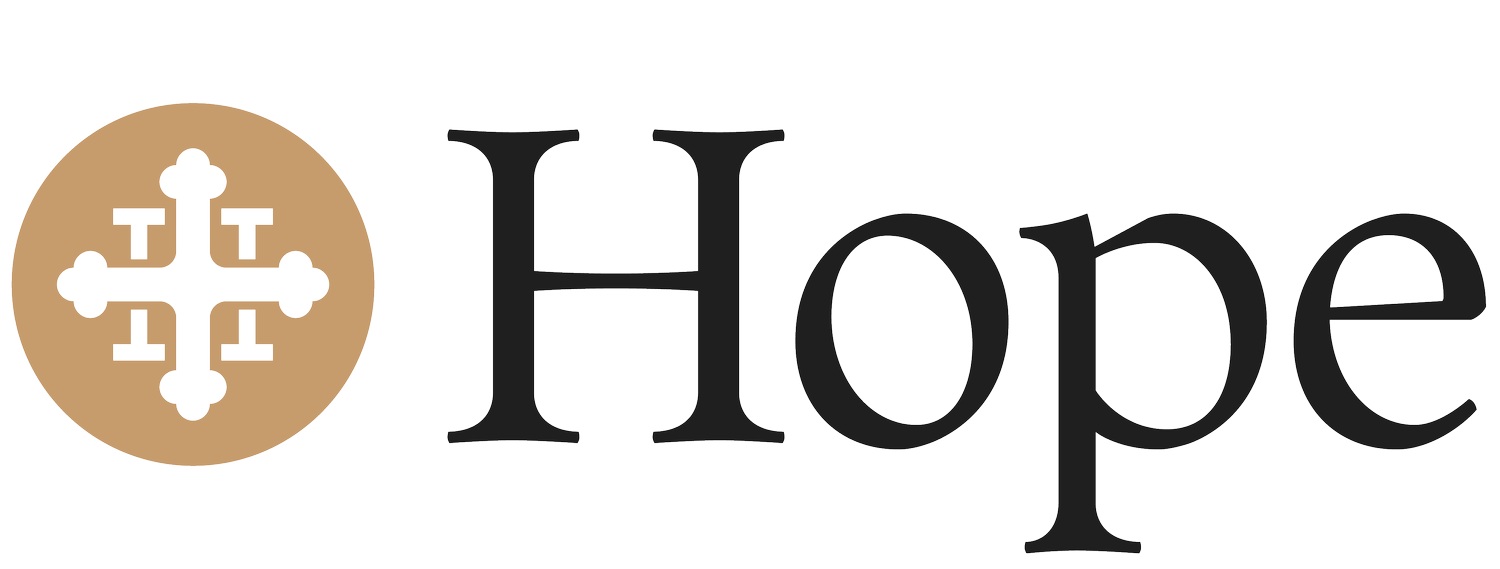Job Descriptions for Elder, Deacon, Deaconess
The first post we talked about character. One of the ways we can evaluate a person’s character is based on their vocation as a single person or a married person. Then we talked about the importance of an officer to be theologically sound. We need officers to ensure that the whole gospel is being applied to our lives and the life of our wider community. If that’s the case, they need to be theologically sound. In this post, we are going to look at what officers do.
When you take the qualifications and commitments given in Acts 6, 1 Peter 5, Titus 1, and 1 Timothy 3, and then combine them with what we see played out in various apostles (the first elders) and deacons in the New Testament, we can fill out a rough job description for each office as it relates to their work in the church. Here’s what we come up with:
Elder
Hospitable: 1 Timothy 3, Titus 1
Able to teach: 1 Timothy 3, Acts 6, Titus 1
Engaged in healthy ways with unbelievers: 1 Timothy 3
Committed to prayer: Acts 6
Set a godly example for the community: 1 Peter 5
Exercise oversight: 1 Peter 5
Deacon
Meeting physical needs of the poor: Acts 6
Serve well: 1 Timothy 3
Deaconess
Servant: 1 Timothy 3 and Romans 16
A few things fall out from looking at these passages as a whole that I want to bring to your attention - the emphasis on direct ministry to people, the overlap of duties, and the importance of mission. .
Direct Ministry to People
It’s easy to view these offices through the lens of corporate America, but that is not what we see in the Bible. Corporate America is fueled by focusing on profit, efficiently performing tasks, and policy. Yet, what we see in the church offices in terms of duty is a razor sharp focus on doing ministry with people as an overflow of a love from God. That makes sense. Jesus said the first great commandment was to love God and the second was to love neighbor. Sure, the deacons, elders, and deaconesses of Hope gather once a month for a leaders meeting, but our role is not confined to a 2-3 hour meeting. Our calling as church leaders shapes the whole way we live our lives, which hopefully is marked by being in loving relationships with people.
Overlap of Duties
These lists are helpful and they seem like the offices are very different. It seems like the first is about leadership and teaching while the second is about service. Yet, when we look at the lives of the deacons and elders/apostles in the New Testament, things aren’t as clear cut. For instance, Philip and Stephen (both deacons) do some powerful teaching (usually the role of an elder). Then, Peter and John (elders/apostles) heal a lame beggar man in Acts 3, which is clearly meeting a physical need and is outside the realm of their commitment to pray and administer the word in Acts 6. Here’s the application for us as we nominate: look for elders who can work with the poor and look for deacons who know how to use God’s Word in ministry. The overlap actually heightens what is required of elders and deacons.
Importance of Mission
It also seems like the focus in Acts 6, 1 Peter 5, Titus 1, and 1 Timothy 3 is almost exclusively on the officers’ work in the church. Then, when we look at the apostle's lives, they were clearly engaged in evangelism outside the church. Peter preaches to a Roman Centurion named Cornelius in Acts 10 and Phillip does exemplary evangelistic work in his work with the Ethiopian eunuch. These are just two examples, but if you begin to search Acts, you will see that the apostles (the first elders) spent as much time with people not in the church as they did with people in the church. With that said, we need leaders who are engaged in these activities and want to lead our church in these directions too.
- Marshall
